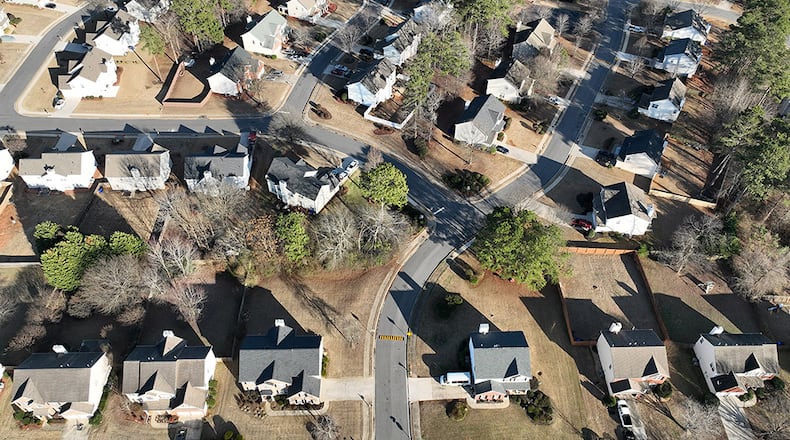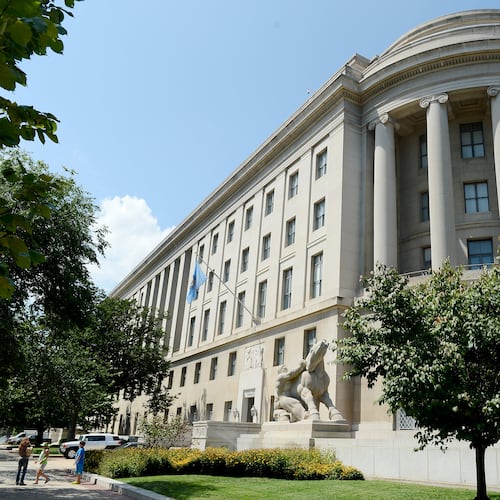The Federal Trade Commission is proposing a $48 million court settlement with Invitation Homes for charging renters junk fees, withholding security deposits and unfairly starting eviction proceedings against residents during the COVID-19 pandemic.
FTC officials said Tuesday Invitation Homes had agreed to the settlement that would be paid out to consumers. They were expected to file the complaint in federal court in Atlanta today. The corporate landlord is one of the largest owners of single family homes in the nation and has a significant footprint in the metro Atlanta area, with about 12,700 properties, according to a 2023 Invitation Homes annual report.
“Invitation Homes, the nation’s largest single-family home landlord, preyed on tenants through a variety of unfair and deceptive tactics, from saddling people with hidden fees and unjustly withholding security deposits to misleading people about eviction policies during the pandemic and even pursuing eviction proceedings after people had moved out,” FTC Chair Lina M. Khan said in a statement. “No American should pay more for rent or be kicked out of their home because of illegal tactics by corporate landlords. The FTC will continue to use all our tools to protect renters from unlawful business practices.”
Invitation Homes confirmed it had reached an agreement resolving the commission’s civil investigation into its business practices. The company said it did not admit any wrongdoing.
“Today’s agreement brings the FTC’s three-year investigation to a close and puts this matter behind the company, which will, as always, move forward with its continuous efforts to better serve its customers and enhance its practices,” Invitation Homes said in a statement.
Under the terms of the agreement, which a federal judge in the U.S. District Court for the Northern District of Georgia will ultimately decide, Invitation Homes would be barred from misrepresenting the actual rental price that consumers have to pay, and disclose monthly fees. The FTC said this was kept from renters right up until the moment they got a copy of their lease. They said in some instances, renters did not learn about the junk fees until after they had already signed a lease.
According to officials, renters faced “mandatory junk fees” for line items such as smart home technology, “utility management,” and air filter delivery. These undisclosed fees could amount to $1,700 a year, the FTC said. Since 2019, the company has collected more than $18 million in application fees for “deceptively priced houses,” the commission added.
As part of the settlement, Invitation Homes can’t withhold security deposits when damages arise from normal wear and tear and are no fault of residents. The FTC found that Invitation Homes charged renters for damages that were in homes before they moved in and, in some cases, charged them for renovations.
During the COVID-19 pandemic when the federal government and state lawmakers were attempting to shield people from evictions, Invitation Homes “intentionally steered renters away” from a Centers of Disease Control and Prevention declaration and toward its own “Hardship Affidavit,” officials added.
“Despite its name, this document provided no eviction protection to renters,” a FTC news release states. “The complaint alleges Invitation Homes even started eviction proceedings against renters who the company knew had already moved out of their houses, which in some cases resulted in eviction filings appearing on tenant screening reports, making it harder for them to rent houses in the future.”
White House spokesperson Jeremy Edwards said the proposed settlement would supplement the Biden administration’s efforts to build more homes, provide rental assistance, cap rents on federally financed units, and would return “$48 million to American renters that were allegedly ripped off by corporate landlords charging hidden junk fees.”
About the Author
Keep Reading
The Latest
Featured



